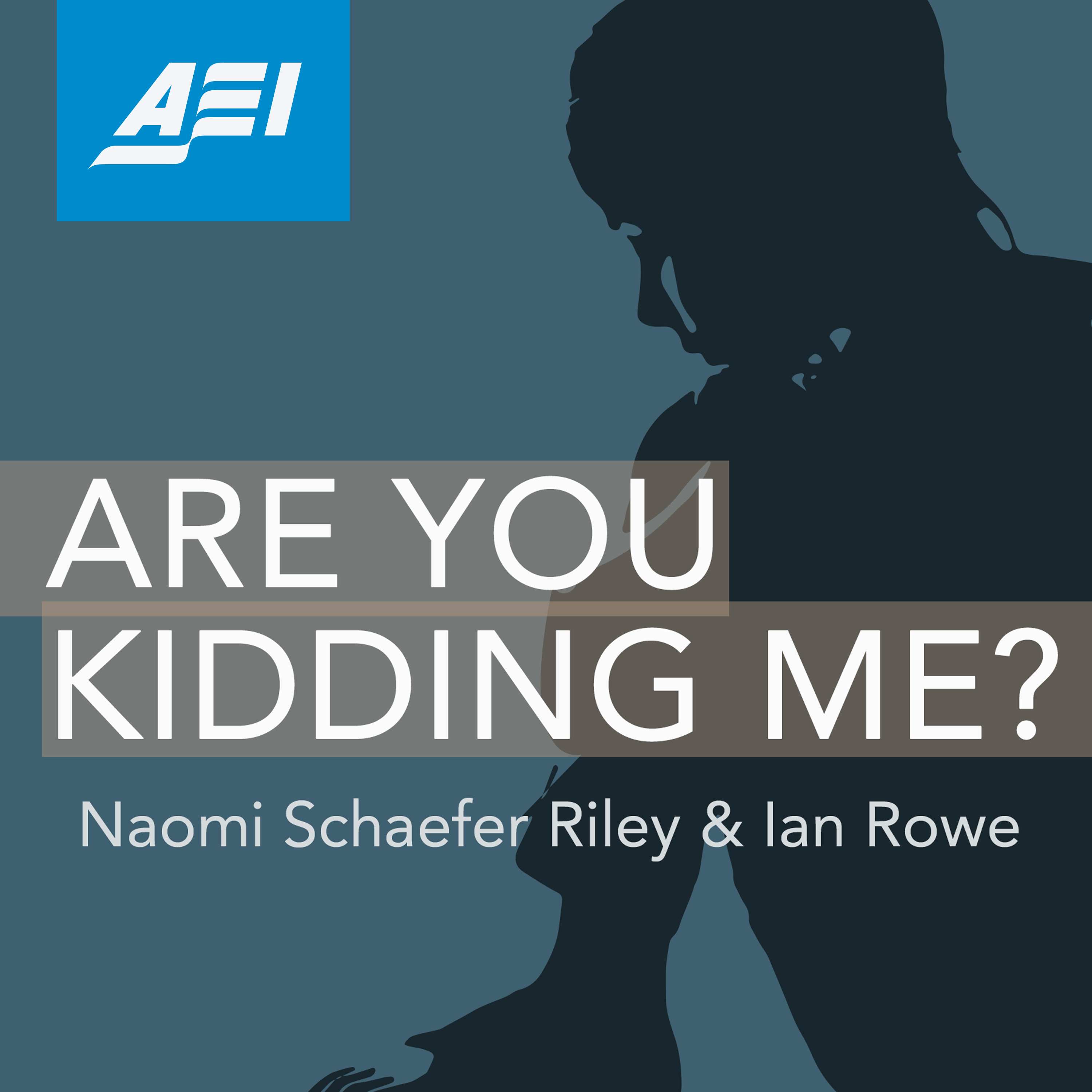Savannah Nelson on Breaking Intergenerational Cycles of Abuse
Description
When parents perpetuate abuse against their children, it is all too likely that they themselves were also victims of abuse. Children who have experienced maltreatment face significant barriers to flourishing when they reach adulthood, but with support and the right tools, it is possible for individuals to make different choices and break the cycle of abuse in their family.
This week, Naomi and Ian are joined by Savannah Nelson, an undergraduate student at BYU-Idaho and recent author of an op-ed for the Institute for Family Studies, “Ending the Cycle of Intergenerational Child Abuse.” Savannah discusses her personal connection to the topic, sharing how her mother overcame the abuse she endured from her parents and was able to make a different choice when starting her own family. She also shares what she has learned from her research, including how forming strong marriages is associated with lower risk of abuse, and how marriage and family education can be an effective tool for equipping parents to create healthy relationships with each other and with their children.
Resources
-Ending the Cycle of Intergenerational Child Abuse | Savannah Nelson and Timothy Rarick
-Married Fatherhood | Ian Rowe
Show Notes
-00:52 | How did you come to write about this topic?
-03:03 | What does it mean to be a “transitional character”?
-04:24 | What kind of process must an individual go through in order to become a transitional character?
-05:57 | How must a child make the choice to make a change even when the change hasn’t been modeled for them?
-07:17 | How can we help children who have experienced abuse feel confident that they are able to form healthier relationships in their own life?
-09:37 | What role does marriage play in breaking the cycle of abuse, and what do you think of the fact that more and more young people are not considering marriage or children within marriage as part of their future?
-12:26 | What resources are available through churches and religious communities to educate individuals on ending the cycle of abuse? Is this topic incorporated into family and marriage education in the context of the LDS church?





